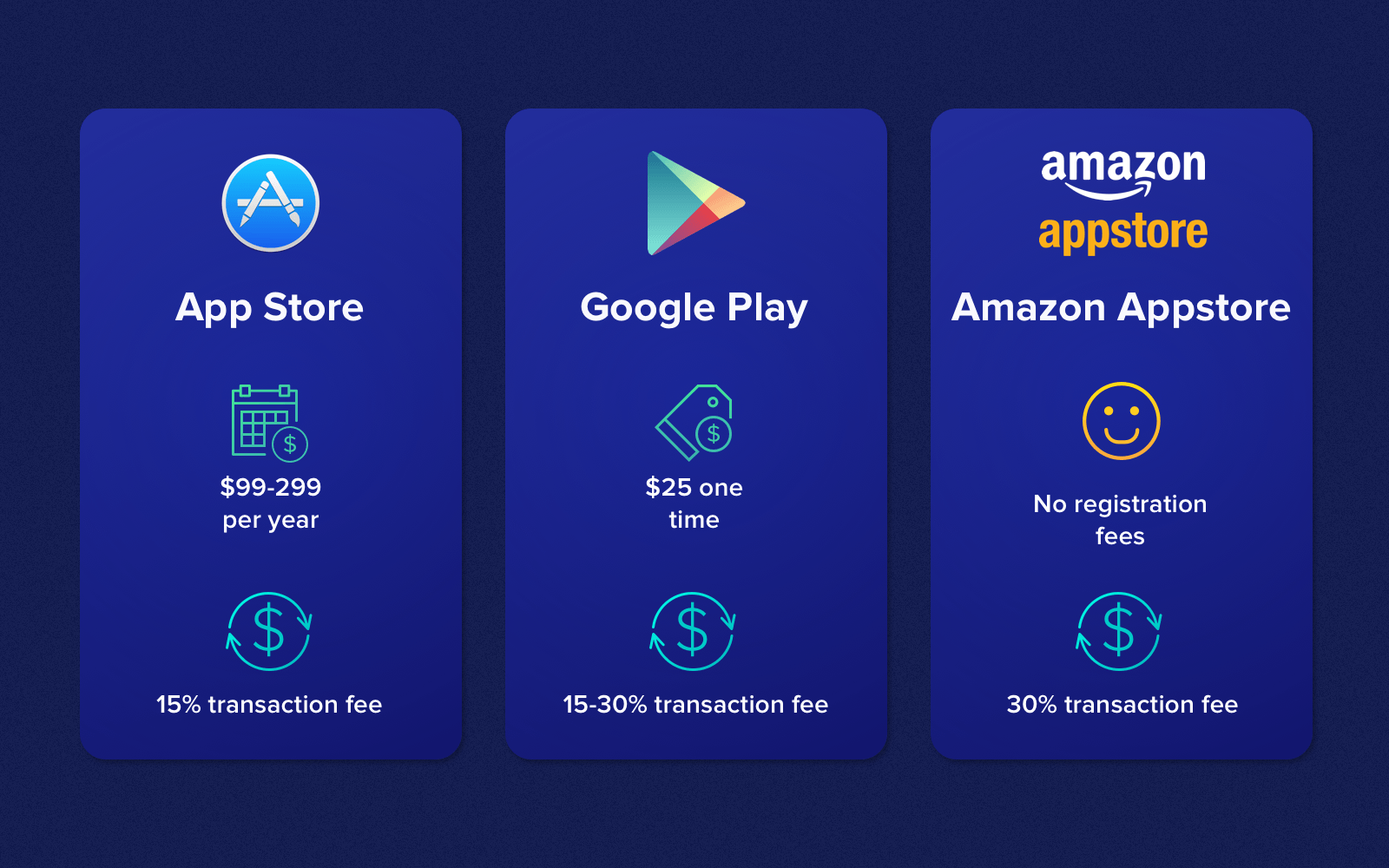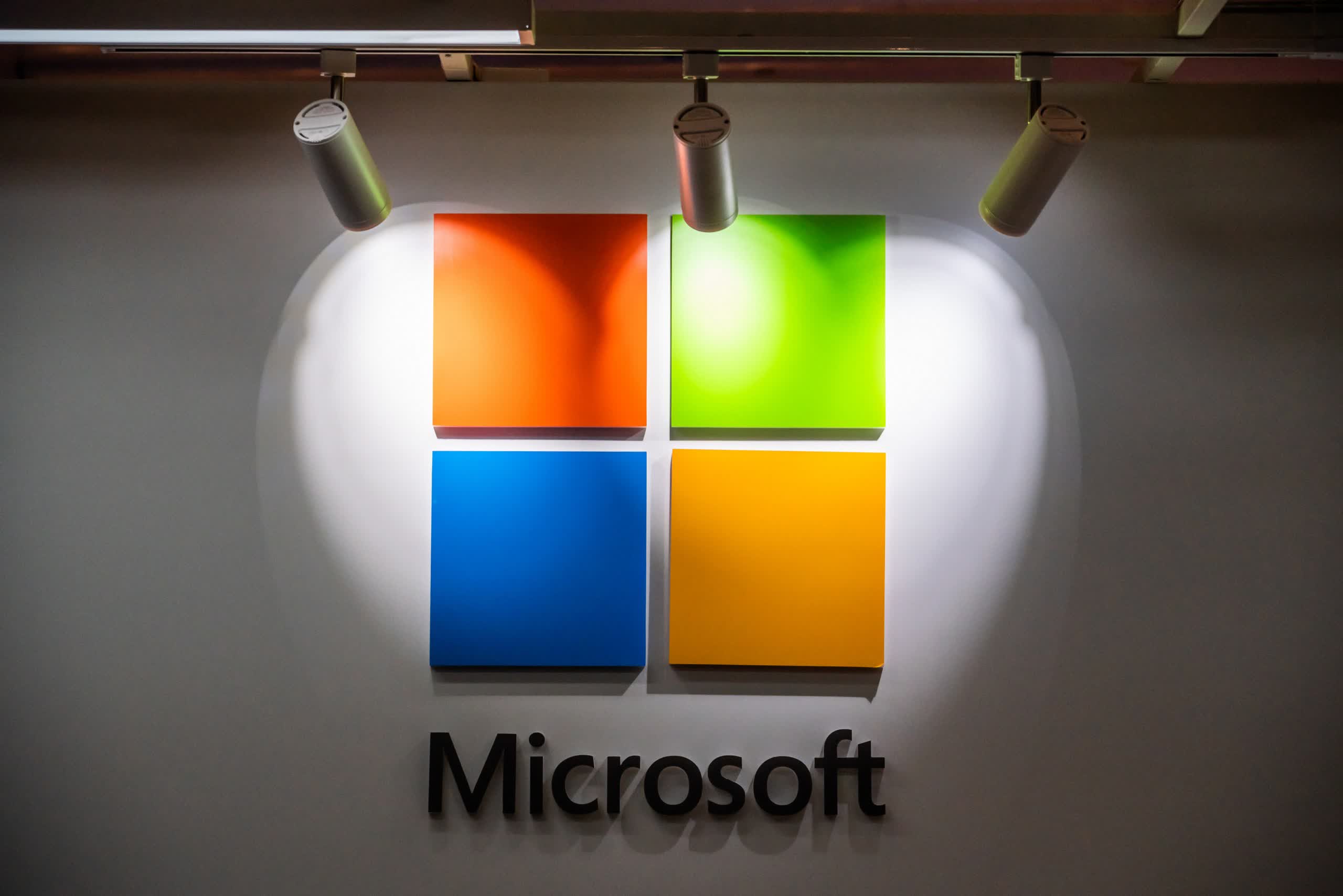Why it matters: The Redmond giant has seen very little antitrust scrutiny as of late when compared to Google, Apple, Amazon, and Facebook – and intends to keep it that way. To that end, the company has committed to a series of app store principles that promote "choice, fairness, and innovation."
Microsoft announced today its commitment to ten principles on how it will treat third party app stores moving forward, as well as how it will treat third-party developers in the Windows Store. The move is a not-so-subtle jab at Apple, who has been criticized for holding tight control over the App Store and crafting policies that make it harder for competitors to innovate. A notable example is Epic Games, who has taken the matter to court after it found that Apple didn't want to offer third-party developers the ability to use alternative in-app payments systems, with only a few exceptions such as Spotify and Netflix.
The Redmond giant says it will always allow competing app stores to operate on Windows alongside the Windows Store. Developers are free to choose their business model and in-app payments system, including cases where content is streamed from the cloud. Apple is notorious for making this very difficult on the App Store, where game streaming services such as xCloud and Stadia would have to go through the trouble of submitting individual games for review and use Apple's in-app payment system.

While Microsoft does require apps to meet certain quality, privacy, and security standards, it will apply those same standards to its own apps and give developers timely access to information on interoperability interfaces that are allowed on the Windows Store. By comparison, macOS and iOS developers can always expect to see their apps booted from the respective app stores because Apple found violations of App Store guidelines. And it was only recently that the Cupertino giant added an appeal mechanism and started accepting feedback on how to streamline the review process.
On that front, Microsoft says it will also maintain transparency about its "rules and policies and opportunities for promotion and marketing, apply these consistently and objectively, provide notice of changes, and make available a fair process to resolve dispute." This is in contrast to Apple's tendency to reject anything that remotely resembles an alternative payments system or an alternative app store, which is why Facebook was forced to remove mini-games from the Facebook Gaming app in order to get it approved on the App Store.
Microsoft also promises to charge "reasonable fees that reflect the competition we face from other app stores on Windows and will not force a developer to sell within its app anything it doesn't want to sell." This comes just as ProtonMail revealed it's been forced into using Apple's in-app purchase system. Last month, the free WordPress app was temporarily halted from receiving updates because of a simple reference to WordPress premium plans that can be bought on its website.

A case could be made that "reasonable fees" is a vague term – just like "industry standard" – that Microsoft, Apple, Google, and others have been using to justify the 15-30 percent rate they charge. To make matters more complicated, Apple is known for playing favorites and waiving the fee for certain companies, the latest being Amazon and its Prime Video app.
More importantly, Microsoft says it won't use "any non-public information or data from its app store about a developer's app to compete with it." This could refer to Google's Android Lockbox project, which monitored app data from rivals to build its own competing services, an issue that House antitrust officials are taking very seriously.
Microsoft vice president Rima Alaily says the company knows that "regulators and policymakers are reviewing these issues and considering legal reforms to promote competition and innovation in digital markets. We think the CAF principles, and our implementation of them, can serve as productive examples. Applying these principles to the Microsoft Store on Windows 10 is a first step and we look forward to feedback from developers and the broader community."
